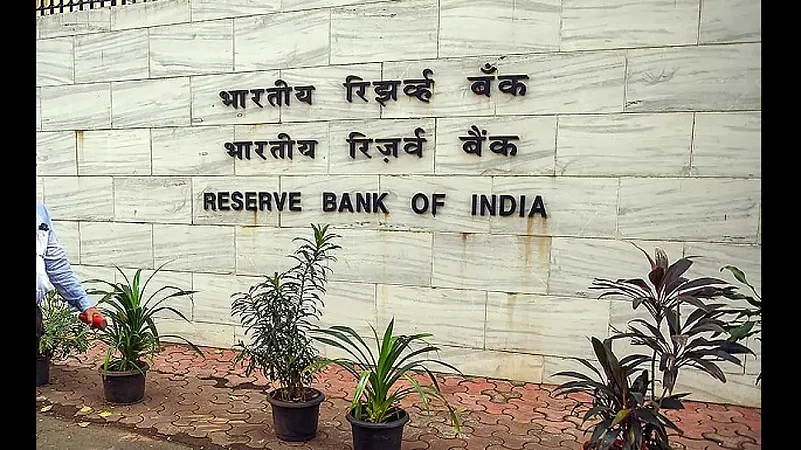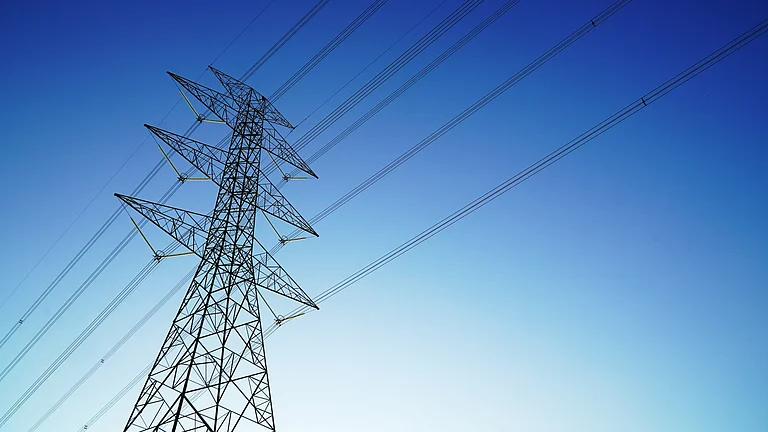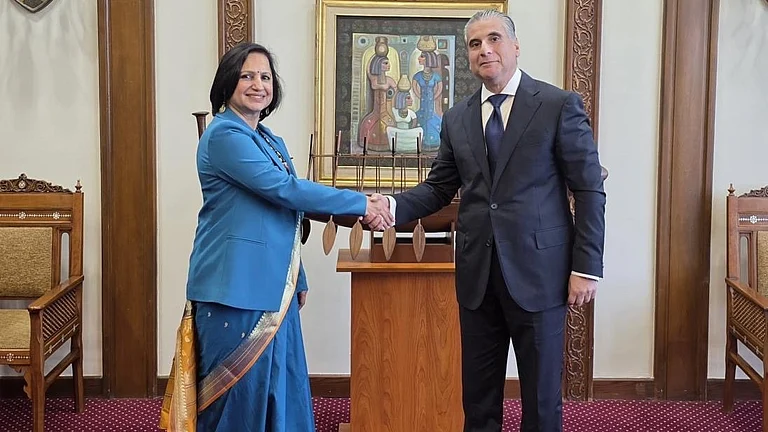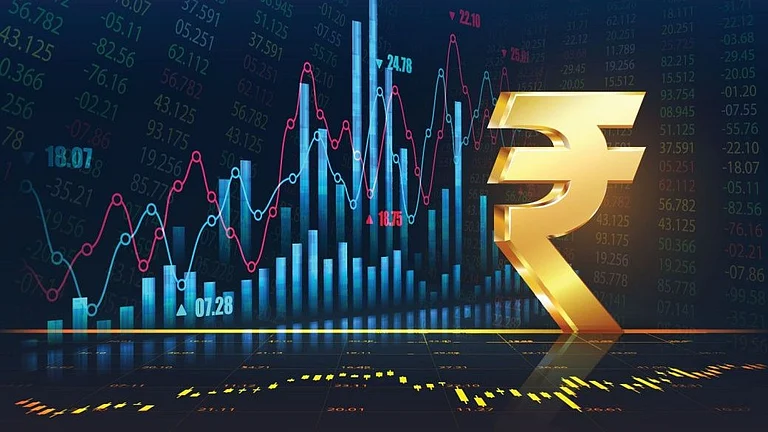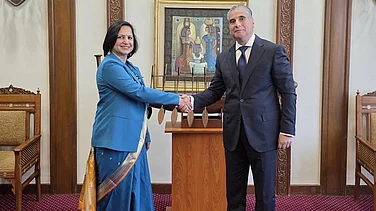Reserve Bank Governor Shaktikanta Das on Wednesday said Current Account Deficit (CAD) is expected to moderate in second half of 2022-23 from 3.3 per cent of GDP in April-September mainly due to moderation in imports. CAD, a key indicator of the external sector, had widened to 3.3 per cent of GDP in first half of 2022-23 from 0.2 per cent in the comparable period of 2021-22 on the back of a sharp increase in the merchandise trade deficit.
"The situation has shown improvement in Q3:2022-23 as imports moderated in the wake of lower commodity prices, resulting in narrowing of the merchandise trade deficit," the Governor said while announcing the last bi-monthly monetary policy of current fiscal year. Further, Das said services exports rose 24.9 per cent year-on-year in the third quarter of 2022-23, driven by software, business and travel services. Global software and IT services spending is expected to remain strong in 2023.
Also, remittance growth for India in April-September 2022-23 was around 26 per cent – more than twice the World Bank’s projection for the year. This is likely to remain robust owing to better growth prospects of the Gulf countries, the Governor said and added that the net balance under services and remittances is expected to remain in large surplus, partly offsetting the trade deficit.
"The CAD is expected to moderate in H2:2022-23 and remain eminently manageable and within the parameters of viability," he said.
On the financing of CAD, the Governor said the net foreign direct investment (FDI) flows remain strong at USD 22.3 billion during April-December 2022 (USD 24.8 billion in the corresponding period last year). Foreign portfolio flows have shown signs of improvement with positive flows of USD 8.5 billion during July to February 6, led by equity flows.
Foreign portfolio flows are, however, negative during the financial year so far. Das said net inflows under non-resident deposits increased to USD 3.6 billion during April-November 2022 from USD 2.6 billion a year ago, boosted by the Reserve Bank’s July 6, 2022 measures. He further said foreign exchange reserves have rebounded from USD 524.5 billion on October 21, 2022 to USD 576.8 billion on January 27, 2023, covering around 9.4 months of projected imports for 2022-23. The country’s external debt ratios are low by international standards, he added.
India’s external debt/GDP ratio fell from 19.9 per cent in March 2022 to 19.2 per cent in September. The debt service ratio declined from 5.2 per cent in 2021-22 to 5 per cent at the end of September 2022.






